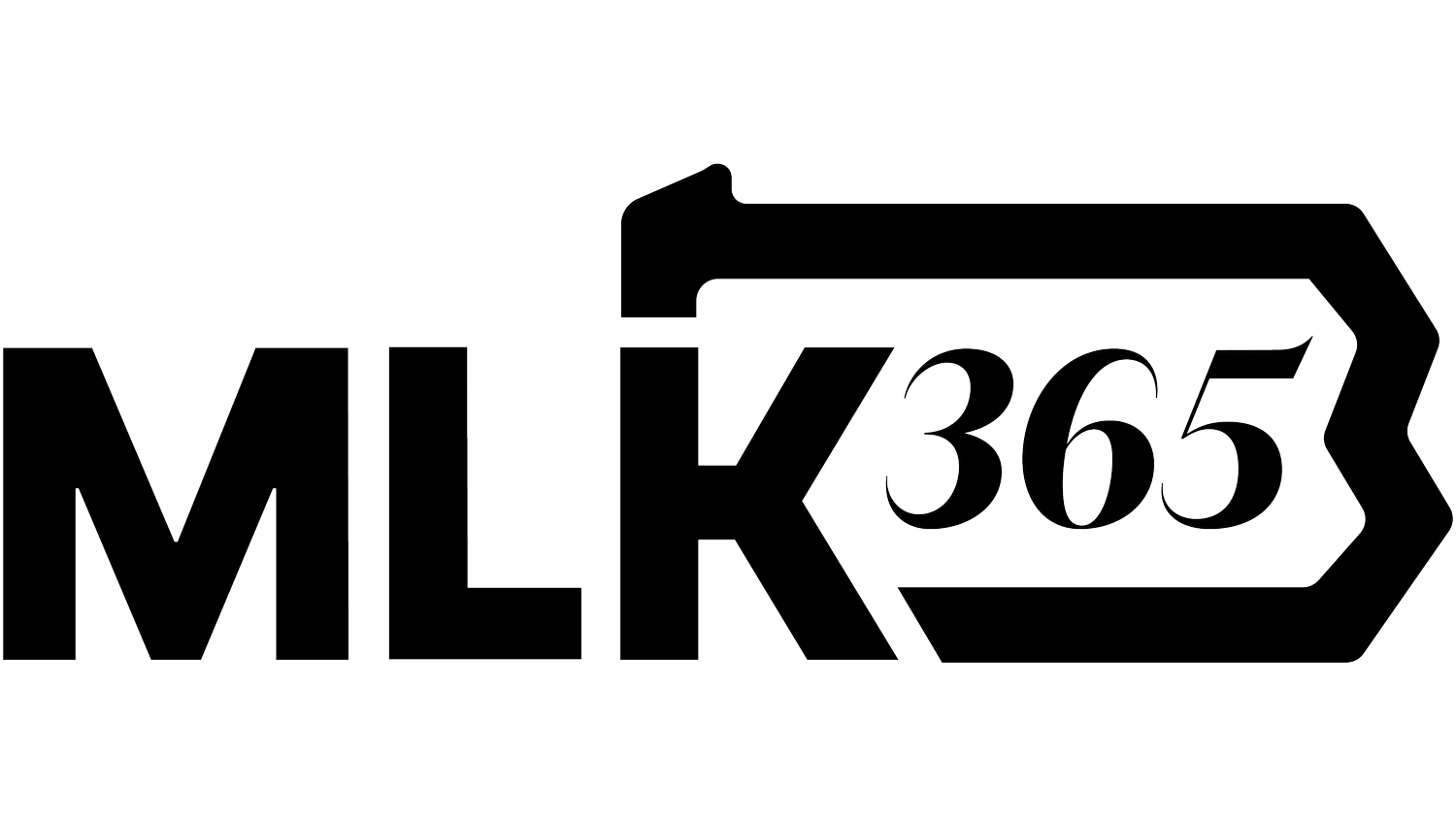How Negative Media Effects Us
What Is Negative Media?
You may have heard this before, but you might have noticed lately that many people are taking a break from things like the news or the internet. Many people have also said that their reasoning for this is the fact that learning more about what's happening in the world is making them feel worse about themselves. If you have ever experienced this, you might have consumed too much negative media. Negative media is a broad term that refers to any type of media that causes a negative emotion in someone's mind. Things like online arguments, learning about something bad that happened on the news, cyberbullying, media attacks, etc. Things online and on air that make you angry, sad, or fearful can be considered negative media. Martin Luther King was a man who believed that we as human beings should love one another instead of turning against each other. So in this blog post, we'll be going over the effects of negative media, and answer the question of how to deal with it.
The Effects of Negative Media
To answer this question, we need to do some research. Firstly we need to know what happens (specifically) when you consume negative media. Then we need to see what the effects of this, are and if there is a psychological explanation. Luckily for us, there’s plenty of information on this topic online. Here are some of the quotes from the websites and articles we chose.
It seems that the common factor in this is something called “information overload” which seems to cause fatigue and depressive thoughts in those who experience it. An information overload happens when someone consumes much negative information in a single day or overtime. Ok, now that we know what’s causing all this, how do we fix it?
How to Deal with Information Overload
Drum roll, please! *drum sounds* The best way to deal with information overload is by taking a break!!!
… *cricket noises*
Ok, ok, ok. I know I’ve already said this in a previous blog post, and I know that the answer was pretty obvious, but hear me out for a moment. While taking a break from the news and the internet can be beneficial to one’s mental health, it’s not a permanent solution. Eventually, you will have to watch (or read) the news to stay updated, and the internet these days is important for everyday life. This means you will get another information overload, it’s inevitable. So what are some other ways to maybe soften the blow of an information overload? Well, one way you could go about this is to consume a healthy amount of positive media. Positive media is pretty much the opposite of negative media (if that wasn’t already obvious). And while consuming a lot of it can make the blow of an information overload harder, consuming a healthy amount can help soften the blow of an overload. “Being conscious of our digital consumption patterns can significantly lessen the adverse effects of information overload while also promoting mental peace and well-being.”
So by taking breaks, and watching out for what kind of media you are consuming, you should be able to avoid or at least soften the blow an information overload. In other words, the moral of the story is to watch what you eat and how much you eat it. Who would’ve thought that dieting habits would translate into healthy internet practices? But we’re not done yet! There’s another way to avoid an information overload.
We mentioned that things like arguments and hate speech can also be considered negative media, so how do you deal with that? Well, first you have to go to a temple where you’ll find an old wise monk who will teach you the way of the warrior, so that way you can find the person who made that negative media and - LOL no I’m just kidding. Honestly, the best we can do with that type of negative media is to just ignore it. Stuff like hate speech and arguments online are created by people who want to rile you up (for the most part). So by responding to them, you’ve already lost. So to quote War Games, a movie all about tension, “The only winning move is not to play.”

